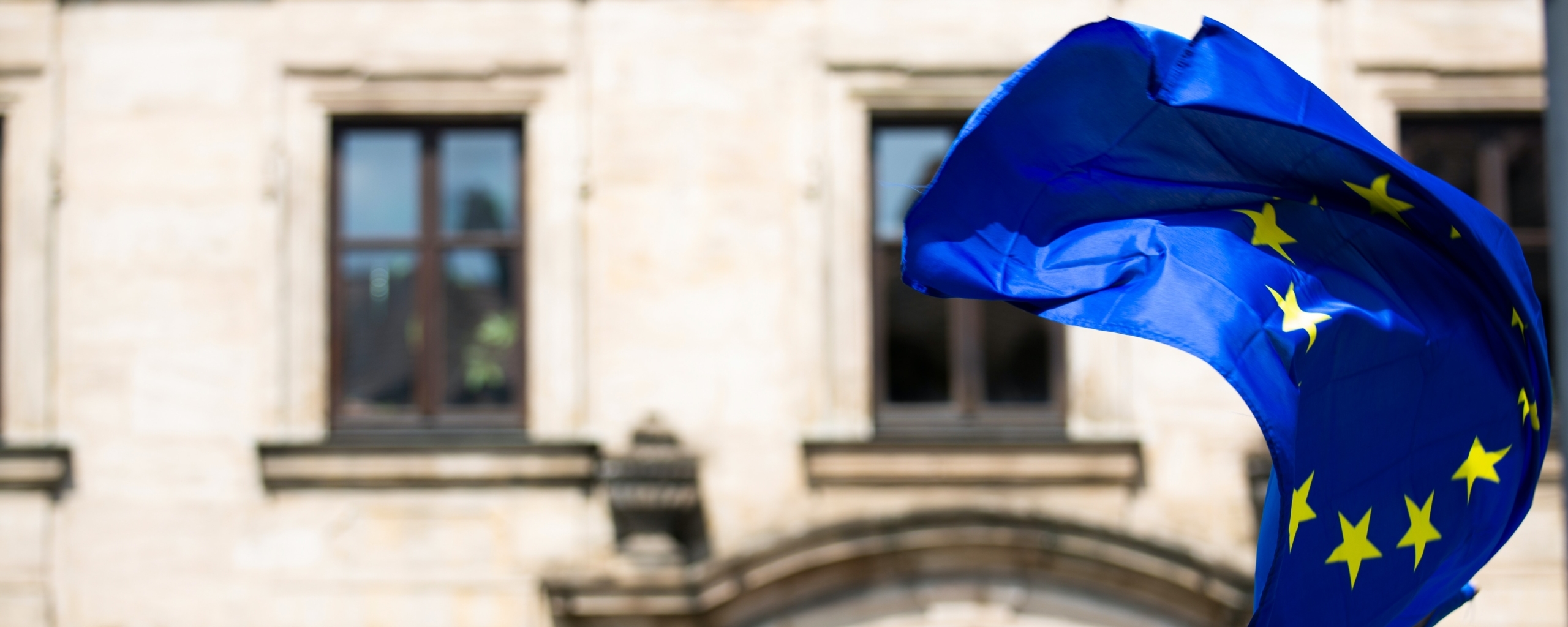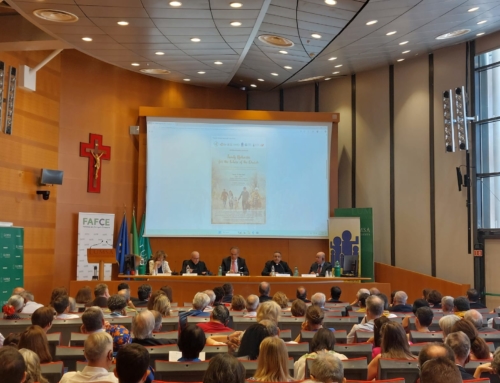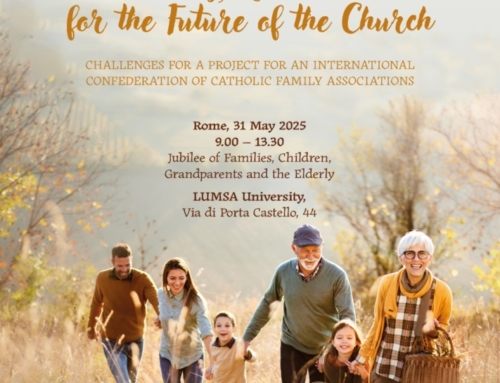14th of April 2023,
FAFCE welcomed the initiative of the European Commission on “Defending European Democracy” “to strengthen resilience to covert foreign interference in our democratic life and encourage civic engagement in our democracies” and supports the attention devoted by the European Commission to “nurturing, protecting and strengthening our democracy”.
Our Federation brought 3 policy recommendations to the attention of the European Commission:
- to recognise the irreplaceable role of family in educating their children as future citizens as the best way to ensure that democracy is rooted among future generations;
- to value the democratic role of civil society organisation, especially family associations, and their contribution to a more direct and participate democracy in Europe;
- to protect the freedom of expression and conscience of all civil society organisations, also those whose work is based on Christian values and who experience discrimination and attacks based on these grounds.
Contribution of the Federation of Catholic Family Associations in Europe on “Defending European democracy – Communication”
Families are pillars of democracy
While welcoming the mention of civil society organisations and their importance in protecting and promoting fundamental rights, FAFCE would like to add the crucial role of families in the democratic and demographic future of Europe, and as such not less “essential to the quality of democratic life” than the one of the civic engagement.
Our Federation recalls its 2021 Resolution on “The Family is the Democratic and Demographic Future of Europe” that stresses a profound connection between democracy and family. There is no denying that it is in the family where children learn to become “responsible and engaged citizens, able to care for the weakest and poorest of their communities” and it is the role of the family to transmit the democratic principles through parents’ and grandparents’ “knowledge and cultural memory, affirmed by their experience of charity, peace, justice and solidarity.”
FAFCE recalls that democracy is “the virtue of affirming and giving testimony to the dignity of every human person and commitment to the common good” and as such is “impossible without families and their generative contribution to the future of their communities”.
Our Federation is convinced that recognising the irreplaceable role of family in educating their children as future citizens is the best way to ensure that democracy is rooted among future generations.
The role of civil organisations to safeguard democracy
FAFCE welcomes in the Commission’s communication the attention given to the civil society organisations and citizen engagement in policymaking and its aim “to encourage Member States to create an enabling environment for civil society and citizens as a pre-condition for their meaningful participation.”
Our organisation stresses that civil society actors, particularly family associations, perform as experts on the real needs of Europeans, closer to the ground reality. Family associations are “a key actor in the democracy and in the participation of organised civil society in the respect of human rights in Europe”, as stressed by FAFCE contribution to the 4th Council of Europe Summit in Reykjavik.
Family associations have a double mission: first, they act as “solidarity villages” for families, who often feel alone in the face of certain challenges, such as the environment, digitalisation and the education of their children. They interpret the needs of families locally and take initiatives to meet them by providing services, trainings, educational assistance, etc. When networking, families are informed and supported, and can connect with other families experiencing in the same situation.
Secondly, family associations have the function of representing families in the public and political sphere, by formulating their needs and demands and promoting the contribution they offer for free to society. They are a permanent source of proposals to economic, social and political actors: in this way, families become protagonists of a more direct and participative democracy.
The need to strengthen the protection of the freedom of expression of NGOs
Our Federation calls European legislators to also support a flourishing European civil society through the respect of their freedom of expression and conscience, with a special care for NGOs whose work is based on Christian values and who experience discrimination and attacks based on these grounds.
Our Federation recalls the links between democratic and Christian values, as stated in its 2021 Resolution on “The Family is the Democratic and Demographic Future of Europe”: “Democratic principles derive from the Christian experience of human dignity and are transmitted by generations of families; these principles are the result of the sense of responsibility lived out in the family, wherein arise reciprocal respect between man and woman, esteem for the essential role of the elderly, focus on the common good, and generosity.”
In addition, according to the Article 2 of the Treaty on European Union, “the Union is founded on the values of respect for human dignity, freedom, democracy, equality, the rule of law and respect for human rights, including the rights of persons belonging to minorities. These values are common to the Member States in a society in which pluralism, non-discrimination, tolerance, justice, solidarity and equality between women and men prevail.” We encourage the European Commission to also bear in mind the need to support a pluralist Europe, where participation in the public life is encouraged and protected.
FAFCE expresses serious concerns when it comes to the freedom of expression of Christian-inspired NGOs in Europe, and recalls in that sense the 2021 Resolution of the European Parliament on “A statute for European cross-border associations and non-profit organisations”, which recalls that “the Union respects the status of churches, religious organisations or communities, as well as philosophical or non-confessional organisations under national law; underlines that this does not preclude organisations whose values and aims are informed by a religious, philosophical or non-confessional belief, such as faith-based, charitable non-profit organisations, from benefitting from the scope of those proposed instrument [of a statute for European cross-border NGOs].”
The protection of the freedom of conscience and expression is key to create an environment that encourages citizens to participate in the public life and contribute to a sustainable democracy in Europe.







